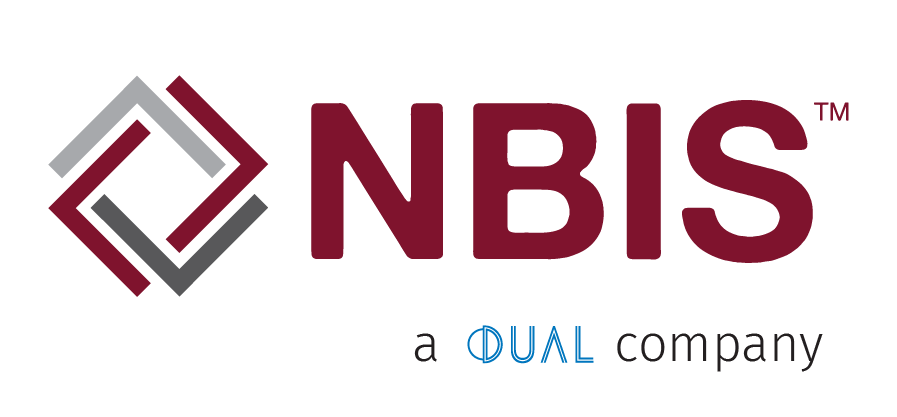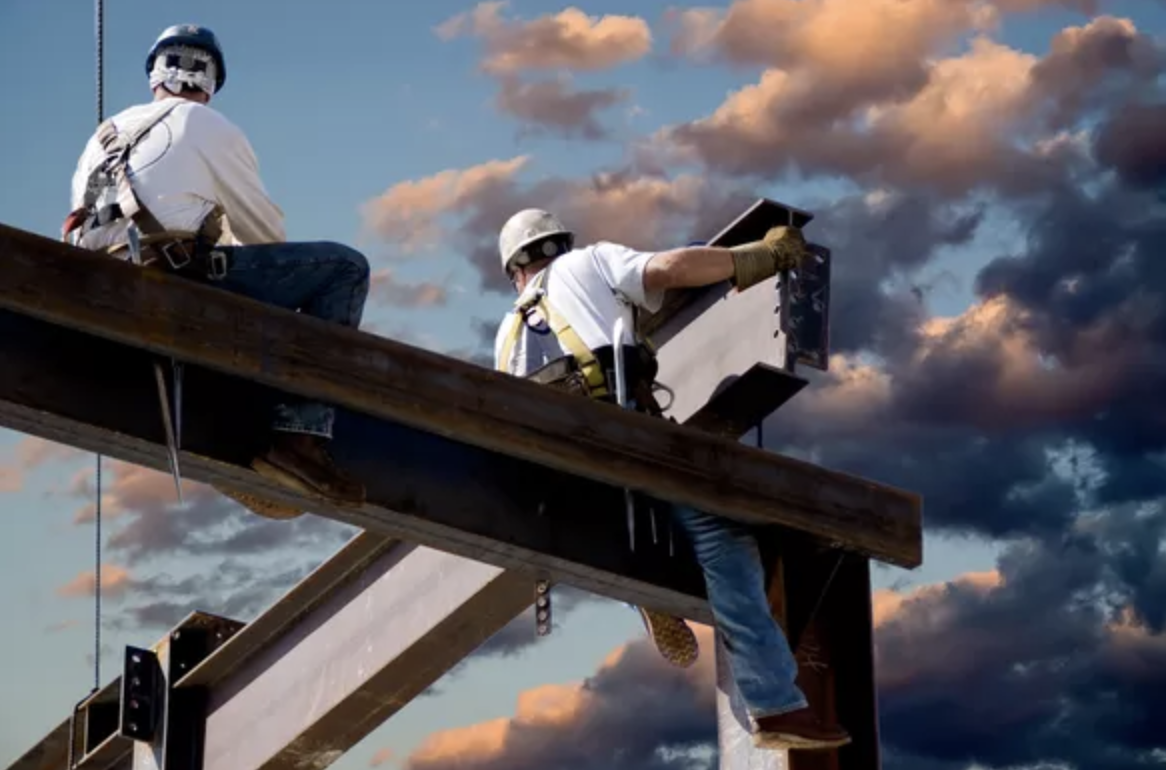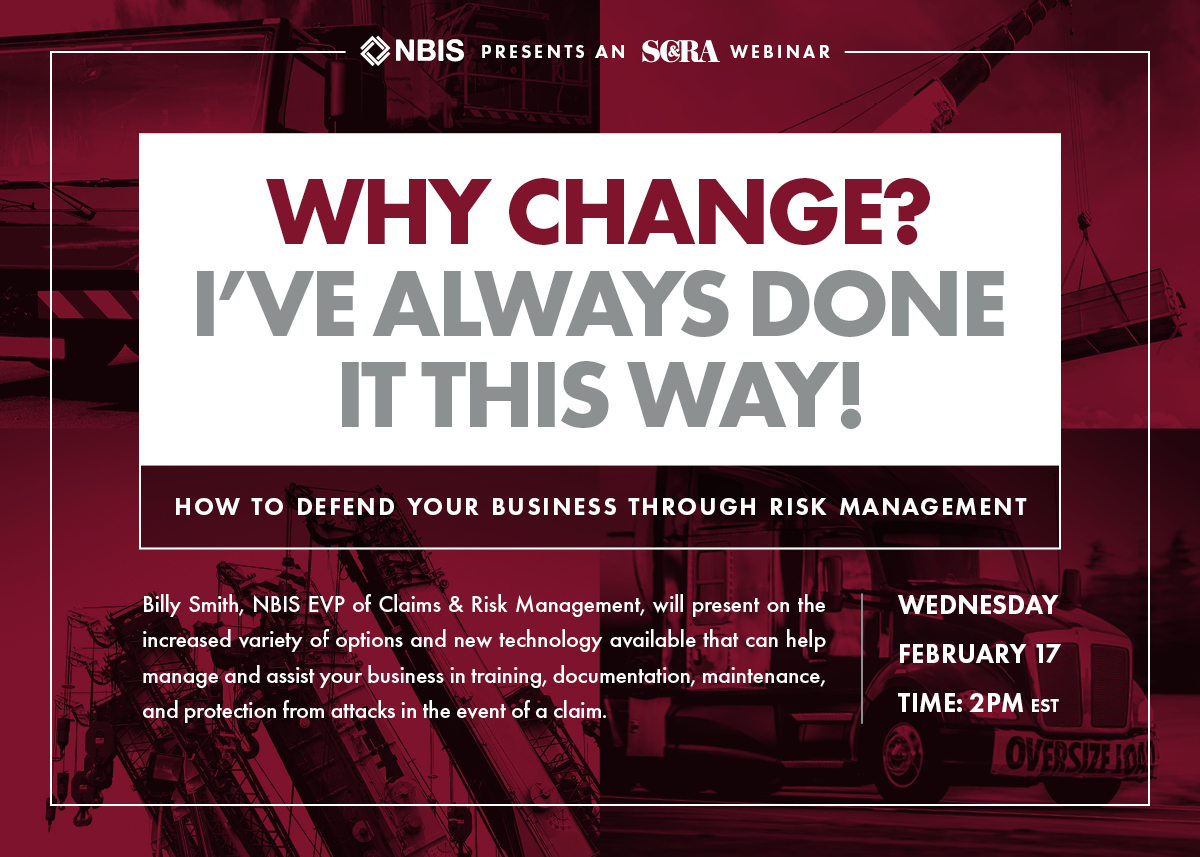If you’re not yet familiar with it, the Borrowed Servant Doctrine—sometimes referred to as the Dual Employment, Loaned Employee, or Special Employer Doctrine— is a legal principle wherein an employee "borrowed" by another entity (typically another contractor or customer) is deemed to be under the control and direction of that borrowing entity for a particular task or period.
In the crane and rigging world, think of it like this: The Borrowed Servant Doctrine makes other contractor (your customer) the “special employer” of your operator (the “borrowed servant”), who is temporarily used, loaned, or rented to the other contractor for a specific purpose (operating the crane.)
Consequently, the borrowing entity becomes the "special employer" and is held responsible for the actions and, sometimes, the welfare of the borrowed employee during the period of loan. This doctrine often extends Workers’ Compensation (WC) immunity of the borrowing entity (the "special employer") to the borrowed employee.
Understanding and applying the Borrowed Servant Doctrine is one of the most important things a crane rental company can do and can provide a formidable defense against unanticipated liabilities.
But if you’re not yet convinced, here are five reasons why you need the state-specific, NBIS-approved, Borrowed Servant Doctrine language in your contract today.
- Risk Mitigation: Including the Borrowed Servant Doctrine explicitly in crane rental tickets ensures that risks associated with the actions of the crane operator, when under the control of the borrowing entity, are mitigated. It helps in reducing the direct liability of the lending company (the original employer) in the event of mishaps or negligent acts.
- Clarity in Liability: Clearly defined terms relating to the Borrowed Servant Doctrine establish a legal clarity regarding which party is responsible for the borrowed employee's actions. It preempts any ambiguity about liabilities and responsibilities during the rental period, ensuring that accountability is placed appropriately based on control and supervision.
- Financial Protection: Specifying this doctrine in the rental ticket safeguards you from potential financial burdens arising from legal claims, medical bills, or compensations due to accidents or mishaps occurring under the supervision of the borrowing entity.
- Workers' Compensation Immunity: The doctrine facilitates the extension of workers’ compensation immunity from the borrowing entity to the lent employee, protecting the lending company from potential claims. This is especially pertinent if the borrowed employee gets injured while executing tasks under the direction of the borrowing entity.
- Strengthening Legal Defense:In the context of legal disputes, having the doctrine explicitly stated in the rental agreement provides a fortified legal standing. It enhances the lending company’s defense by having a predefined contractual understanding of liabilities, making it less vulnerable to unwarranted legal challenges.
Safeguarding your company and operators from severe financial risks via a signed job ticket and the Borrowed Servant Doctrine boils down to aligning with a savvy insurance partner. That's where the NBIS team comes in—not just as an insurance provider but as a knowledgeable ally in the crane and rigging business, wielding a wealth of real-world knowledge and claims expertise.
Reach out today.







